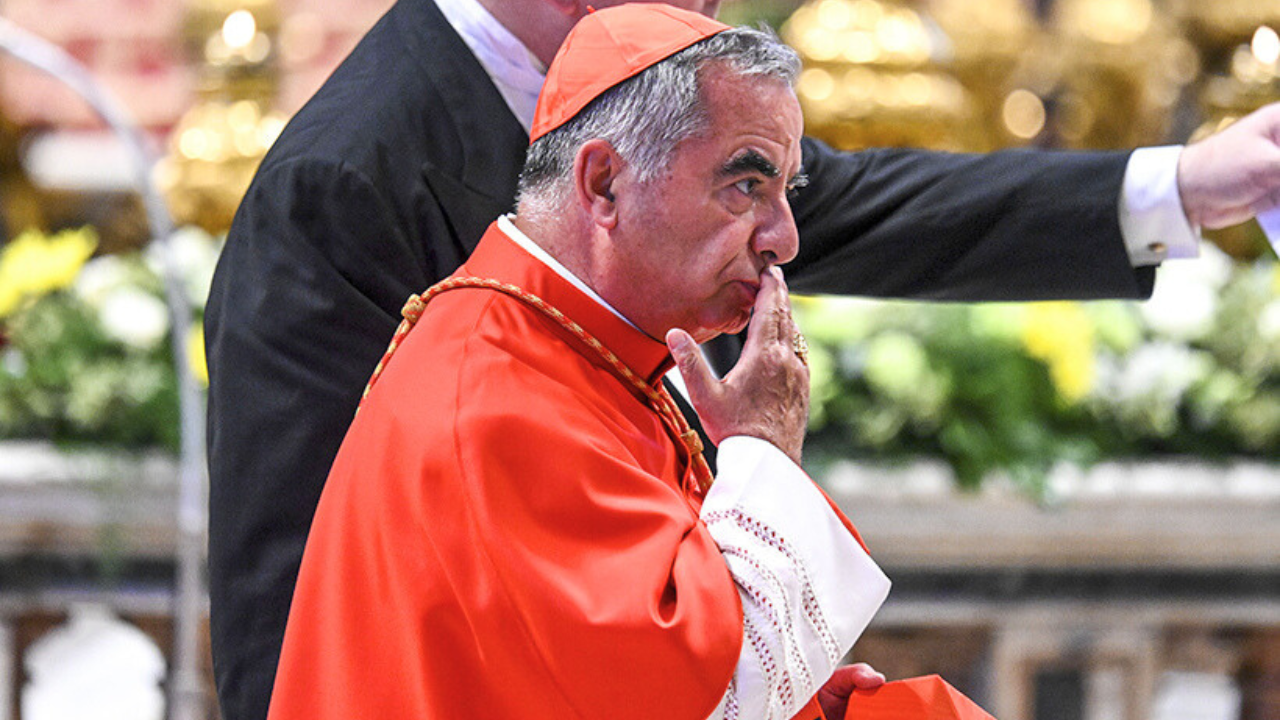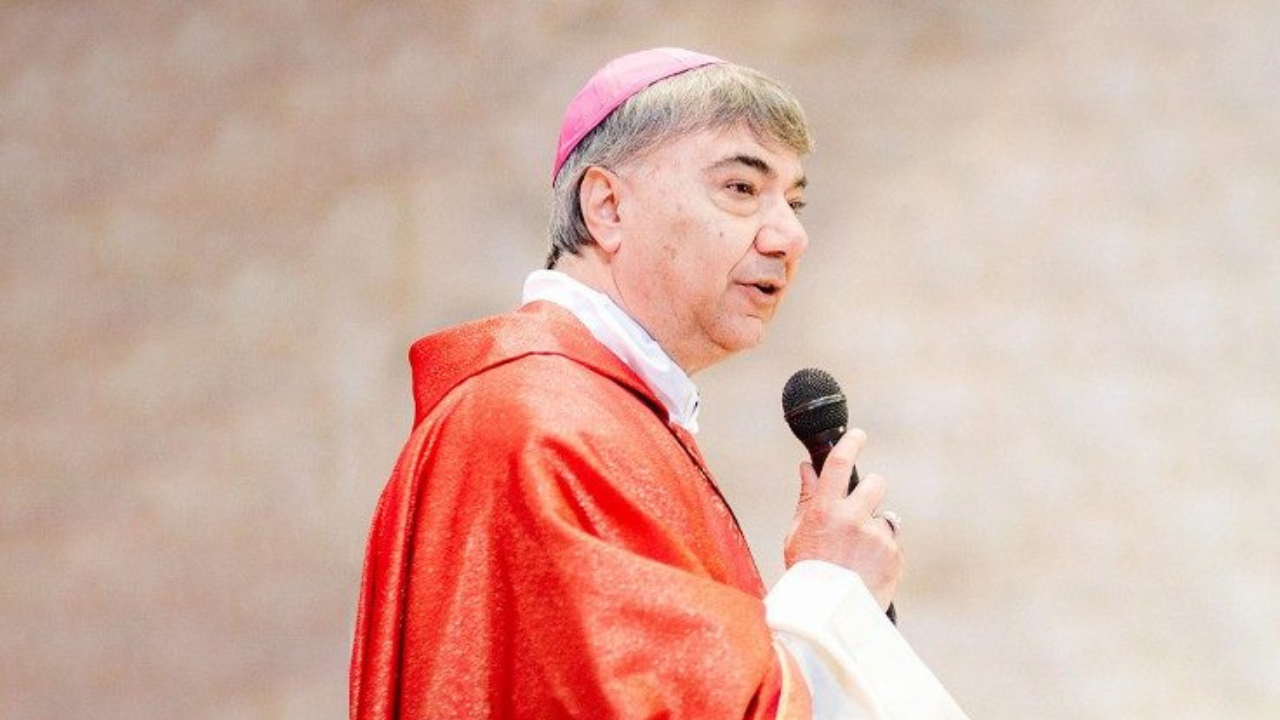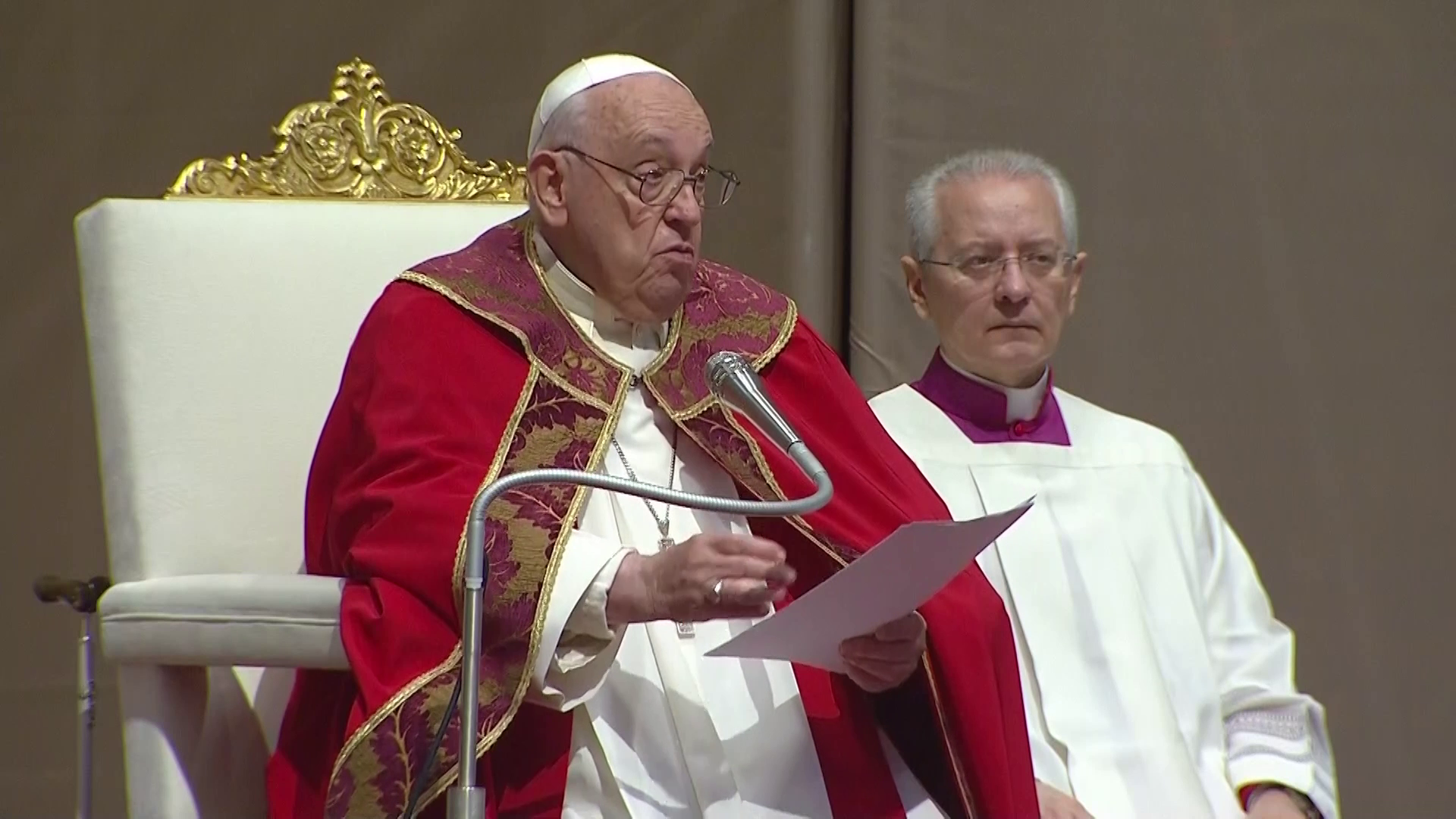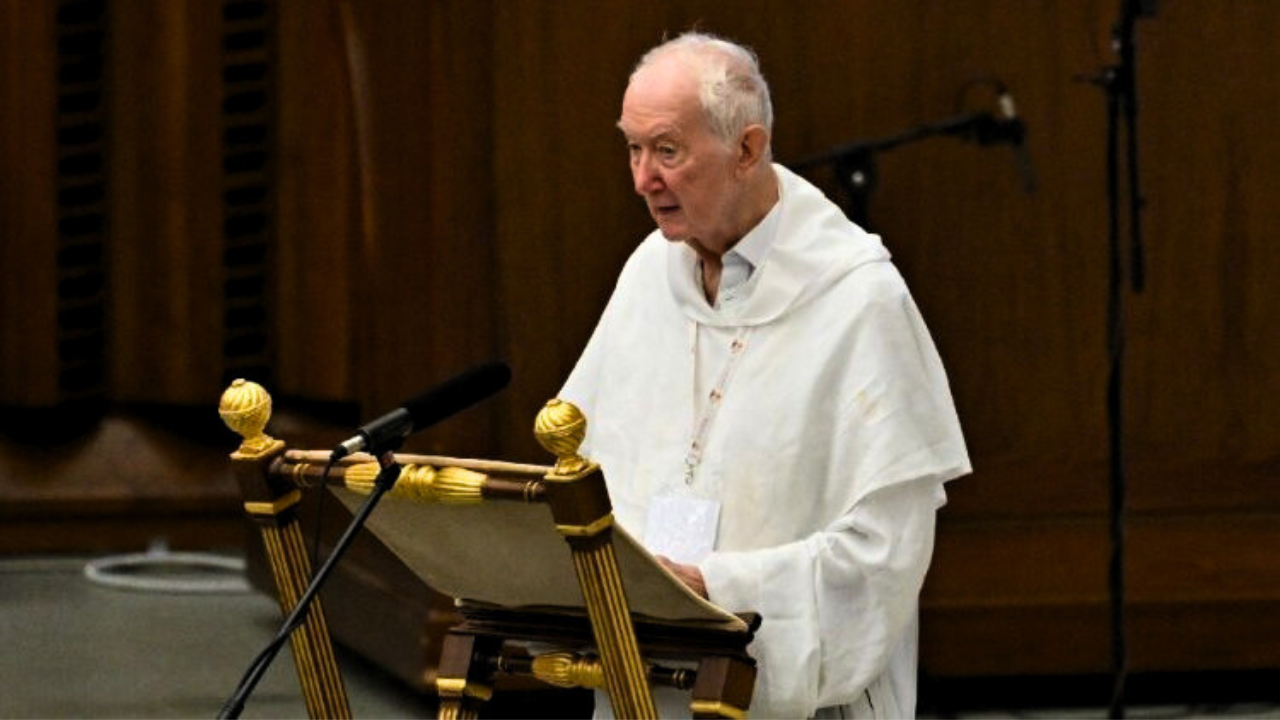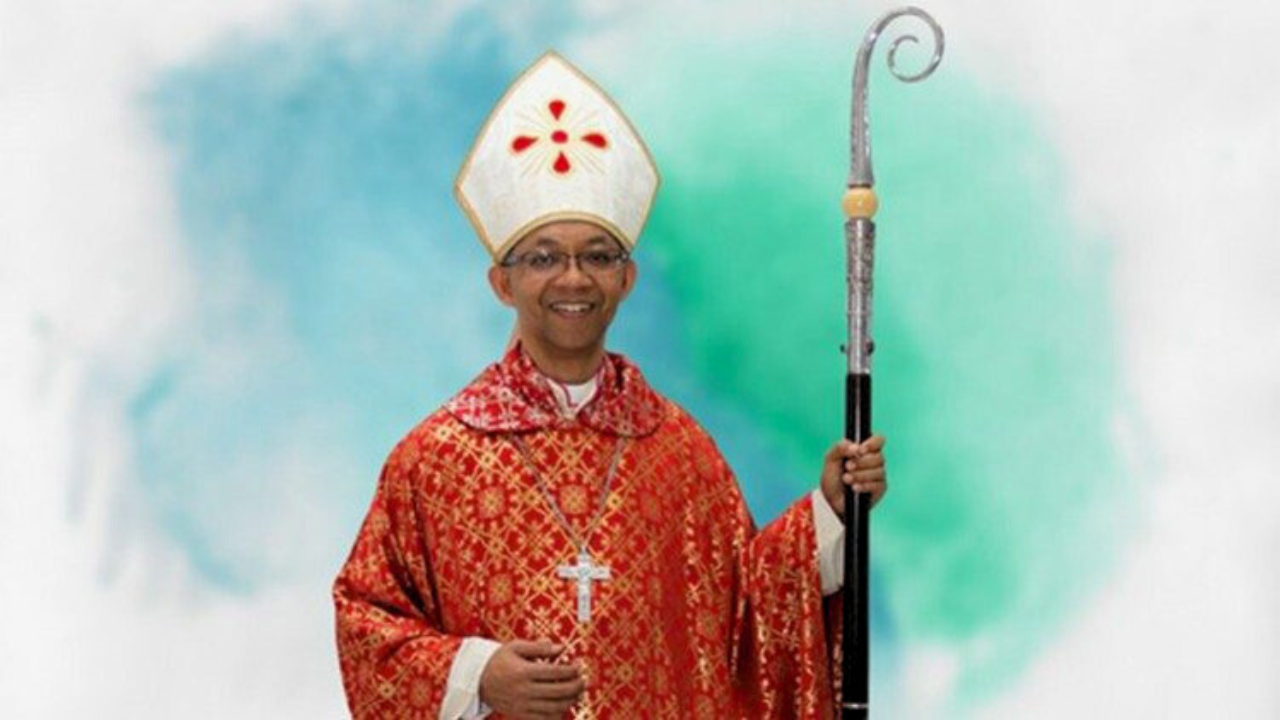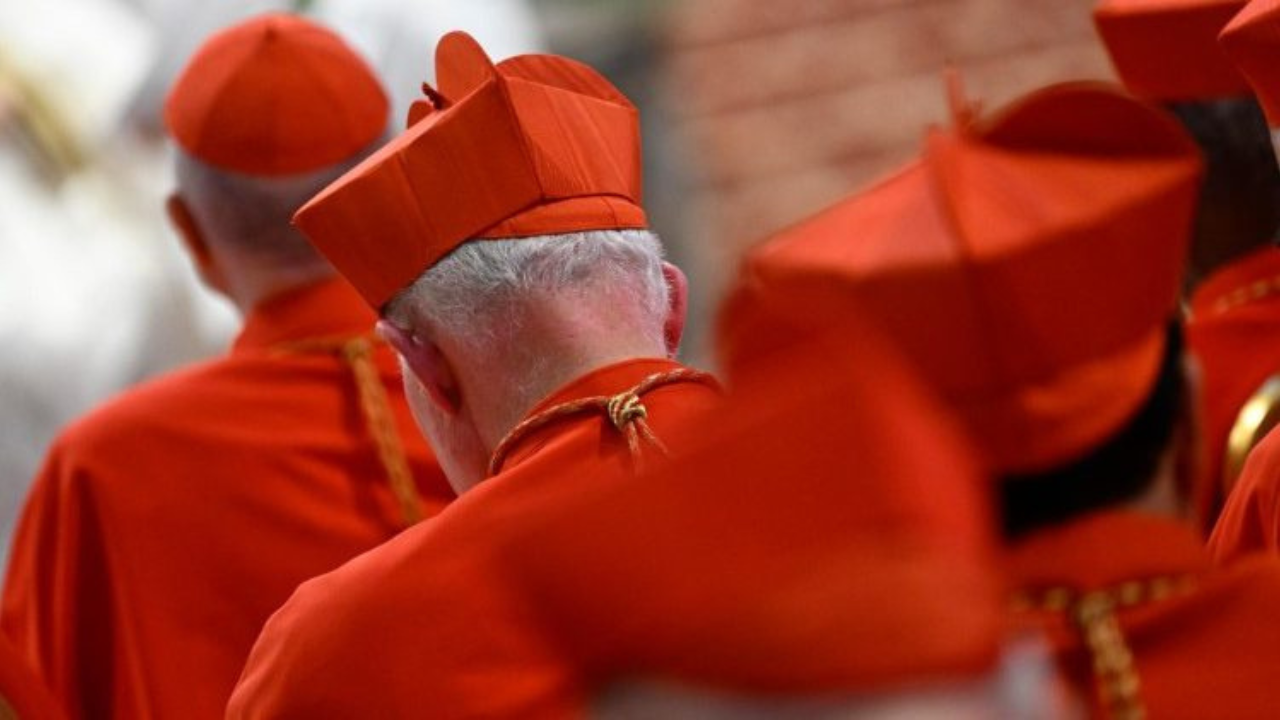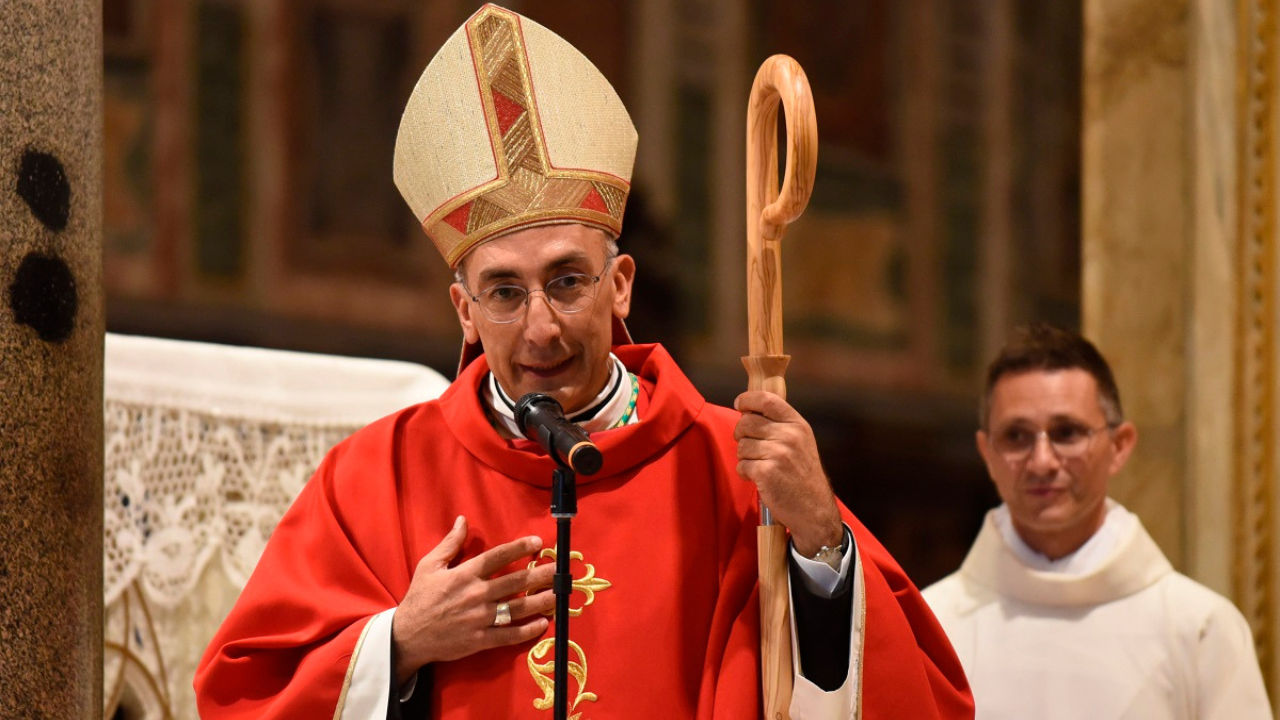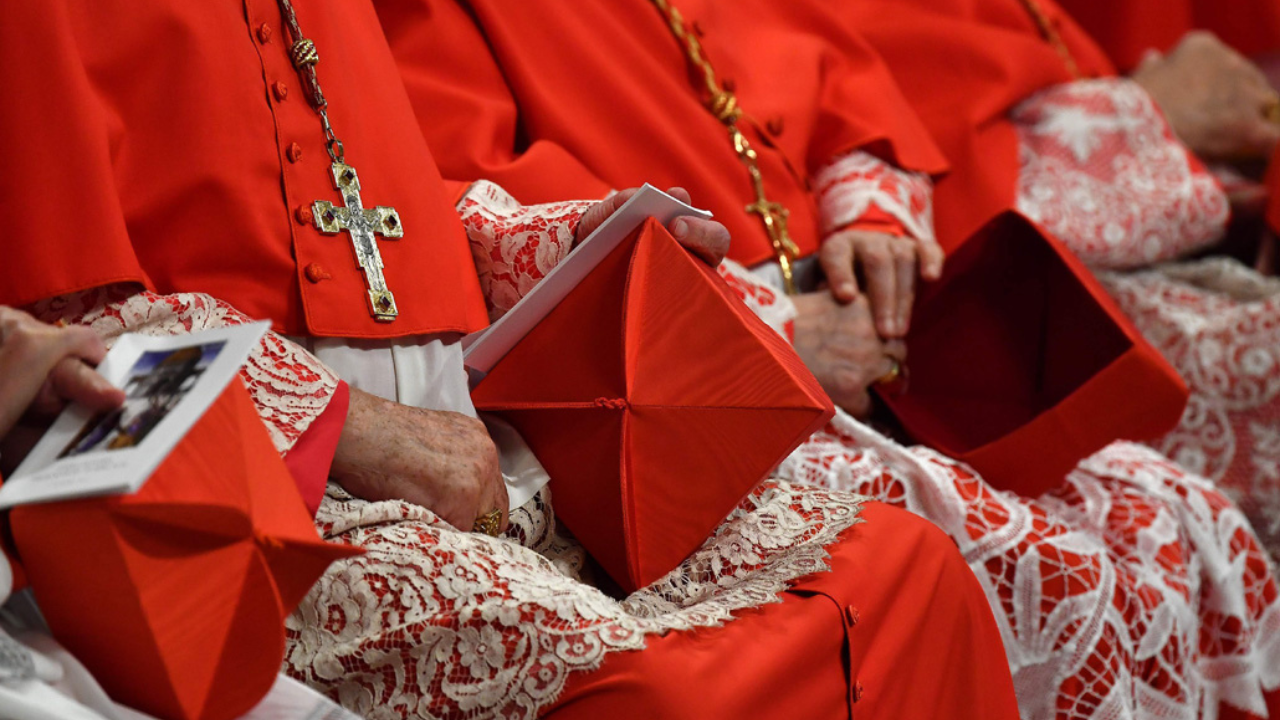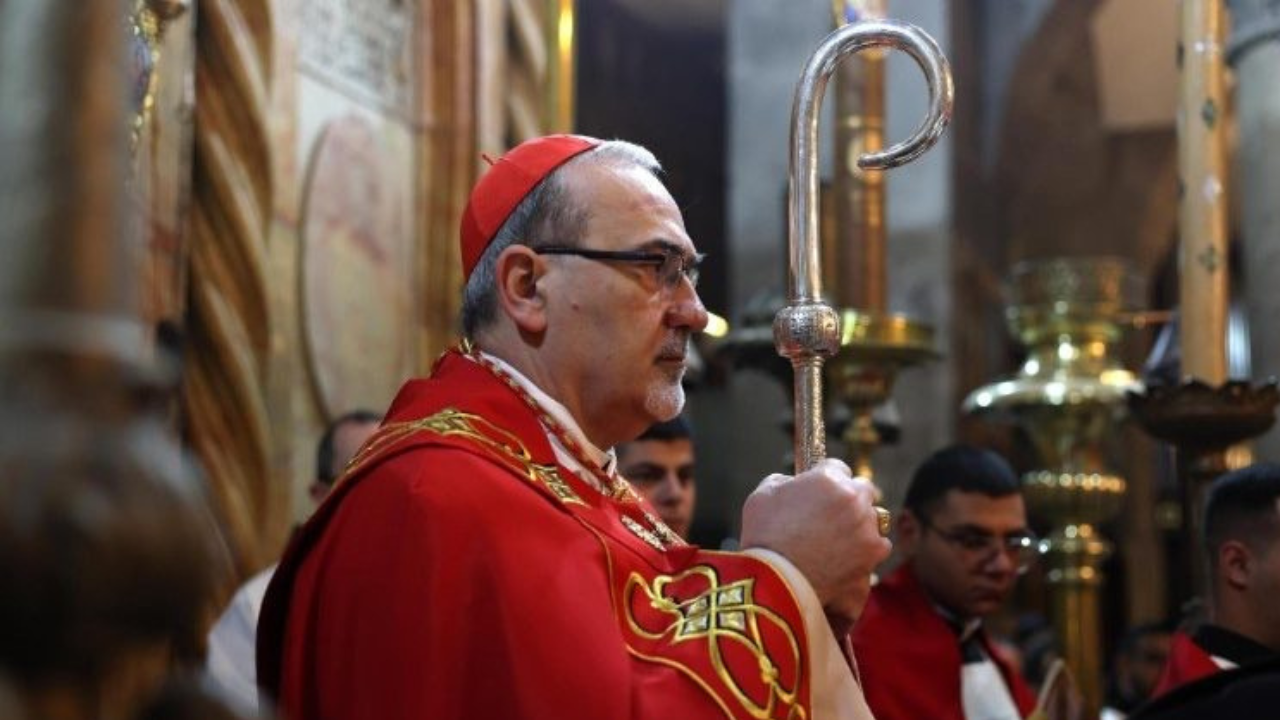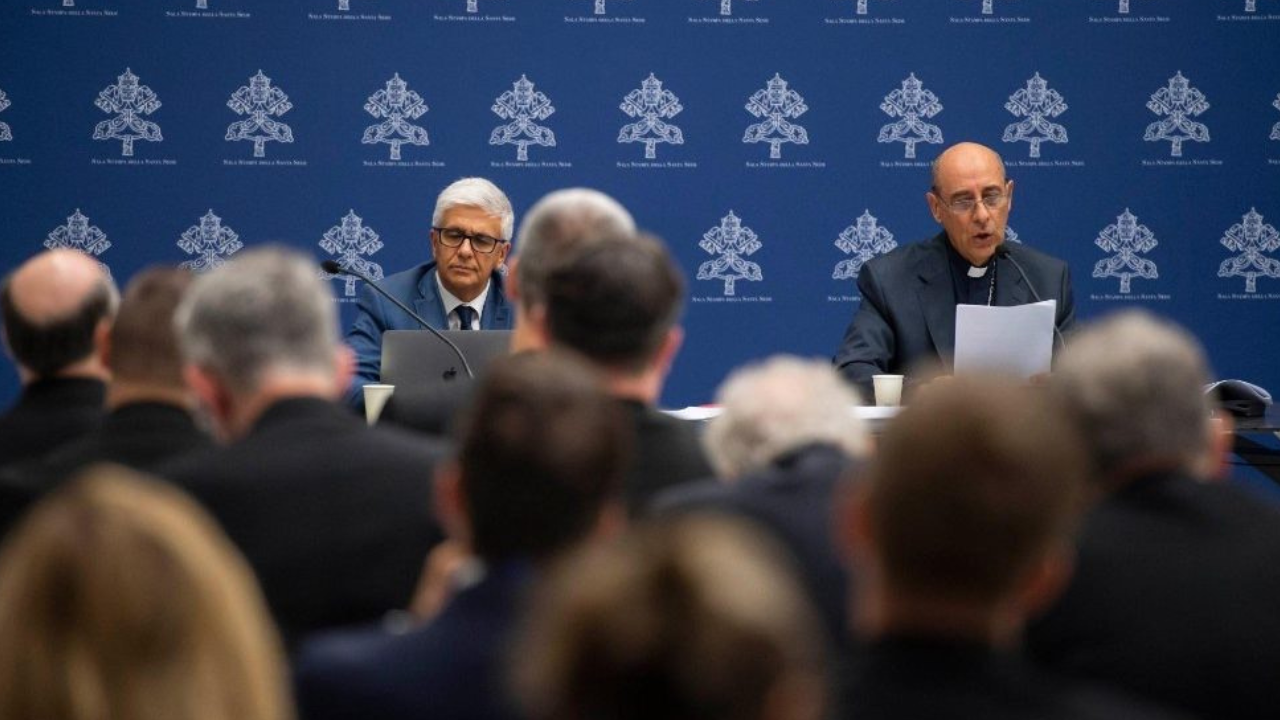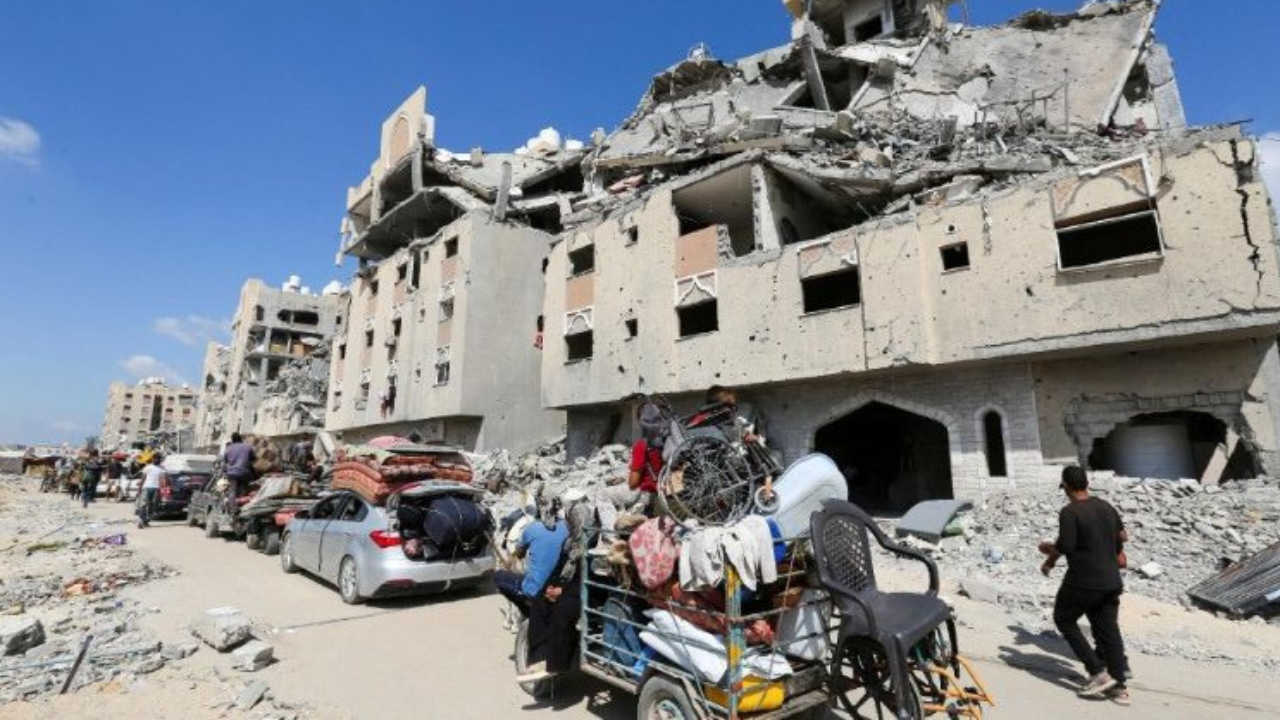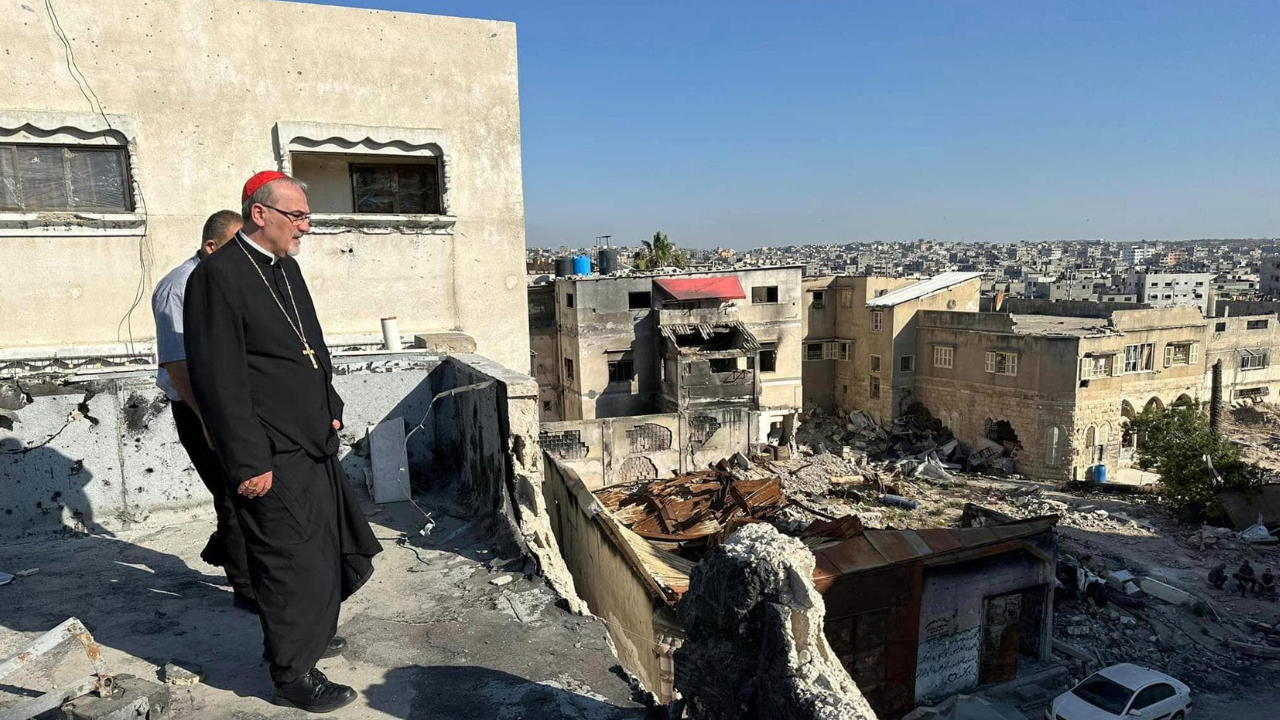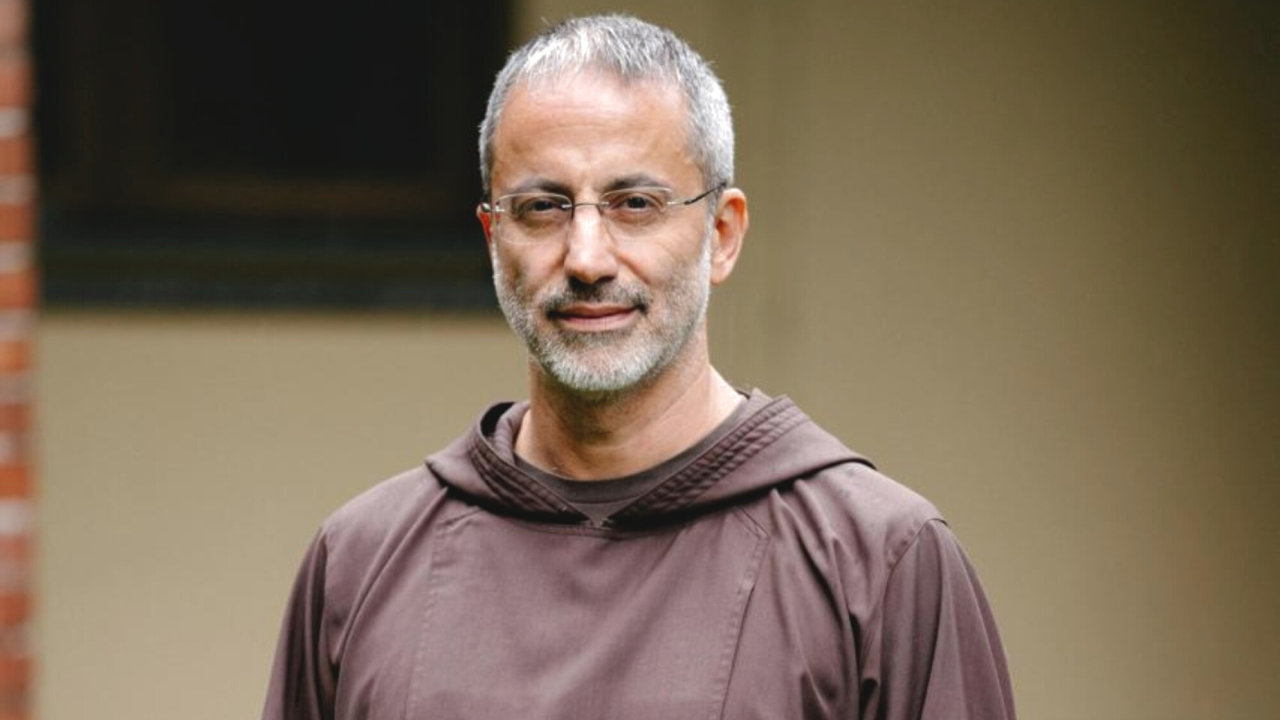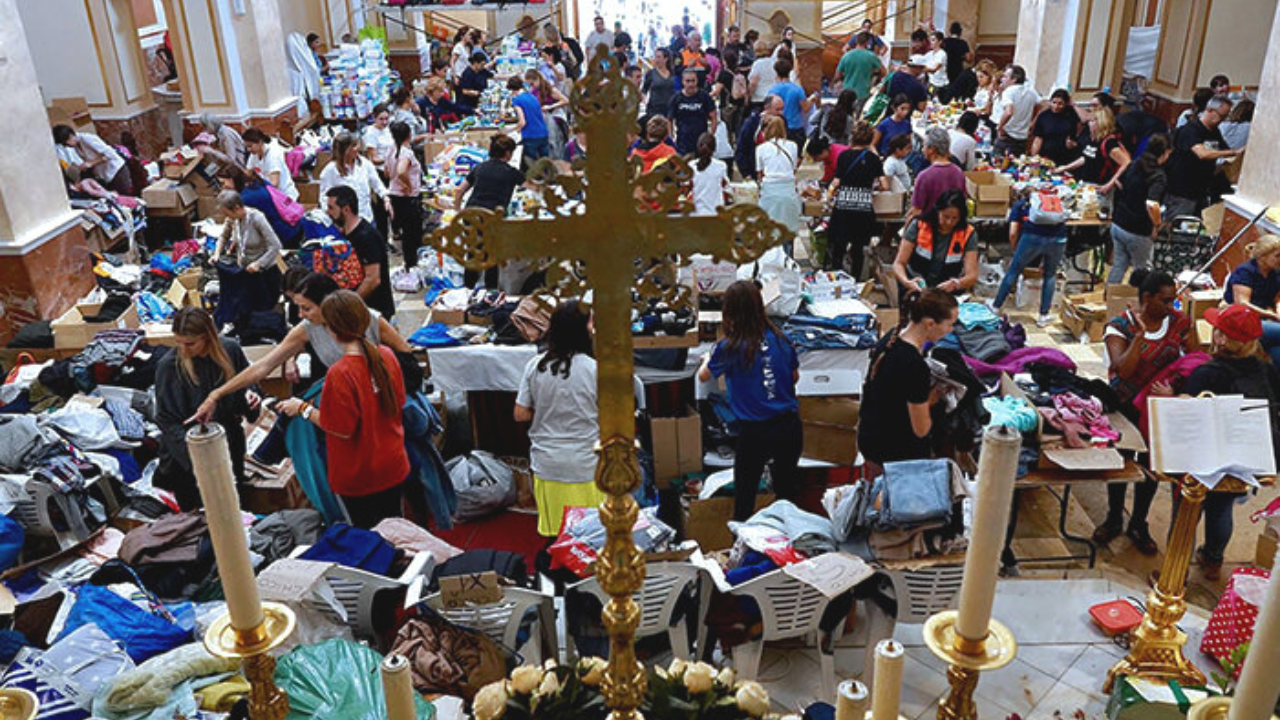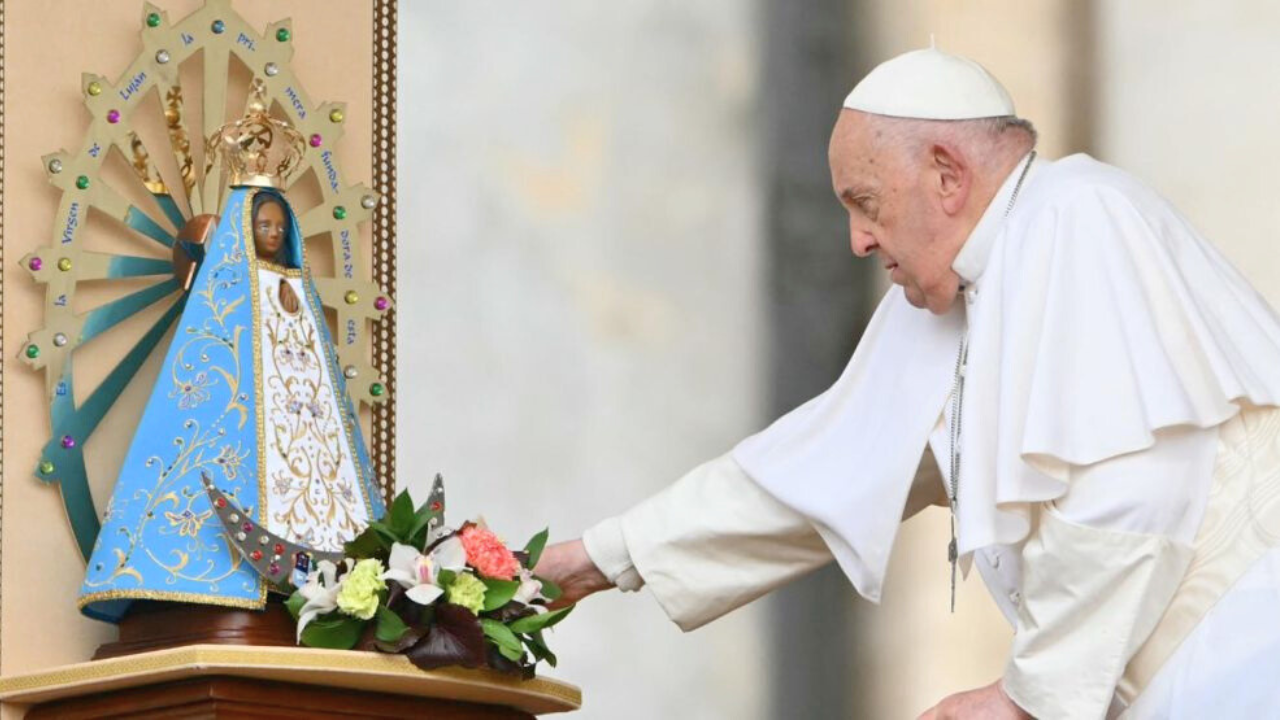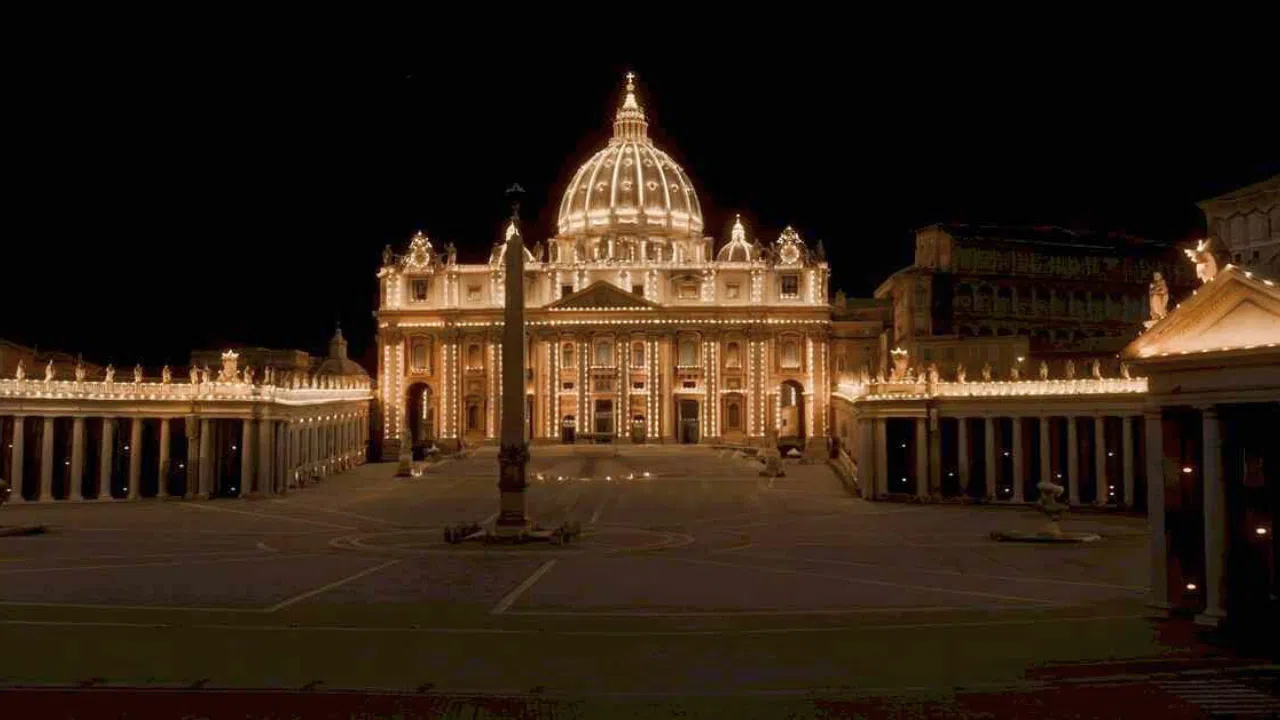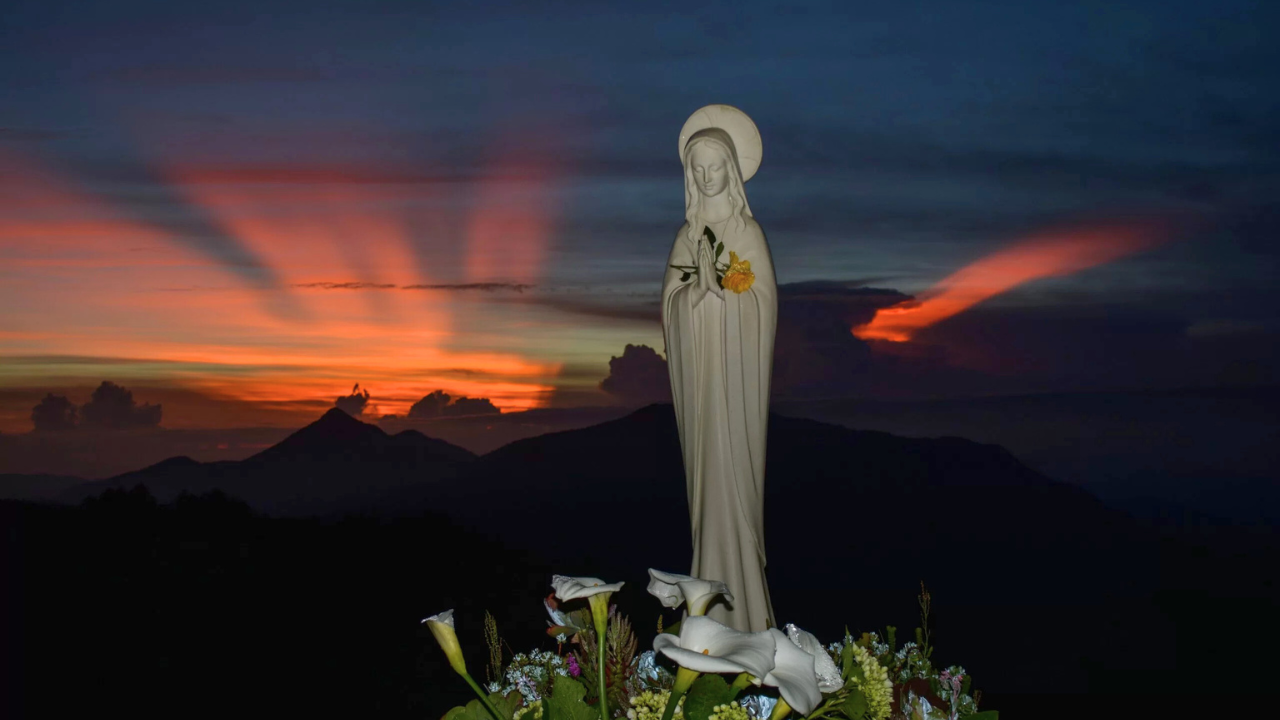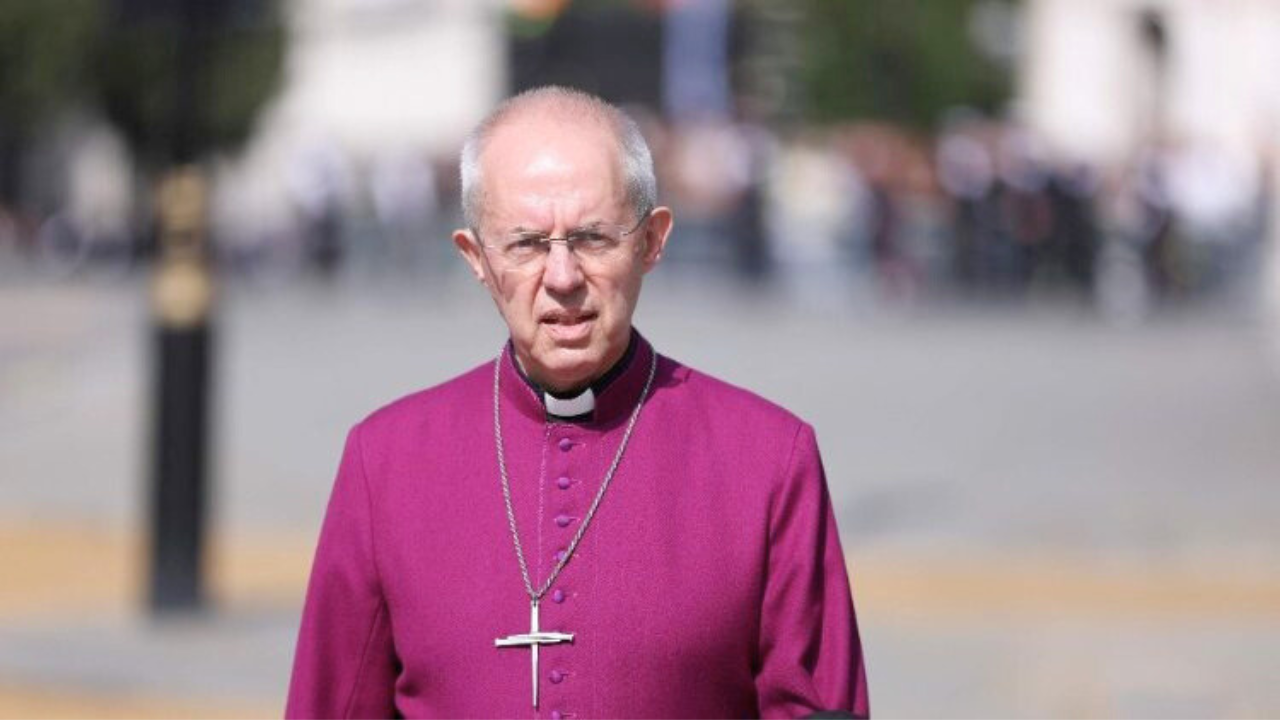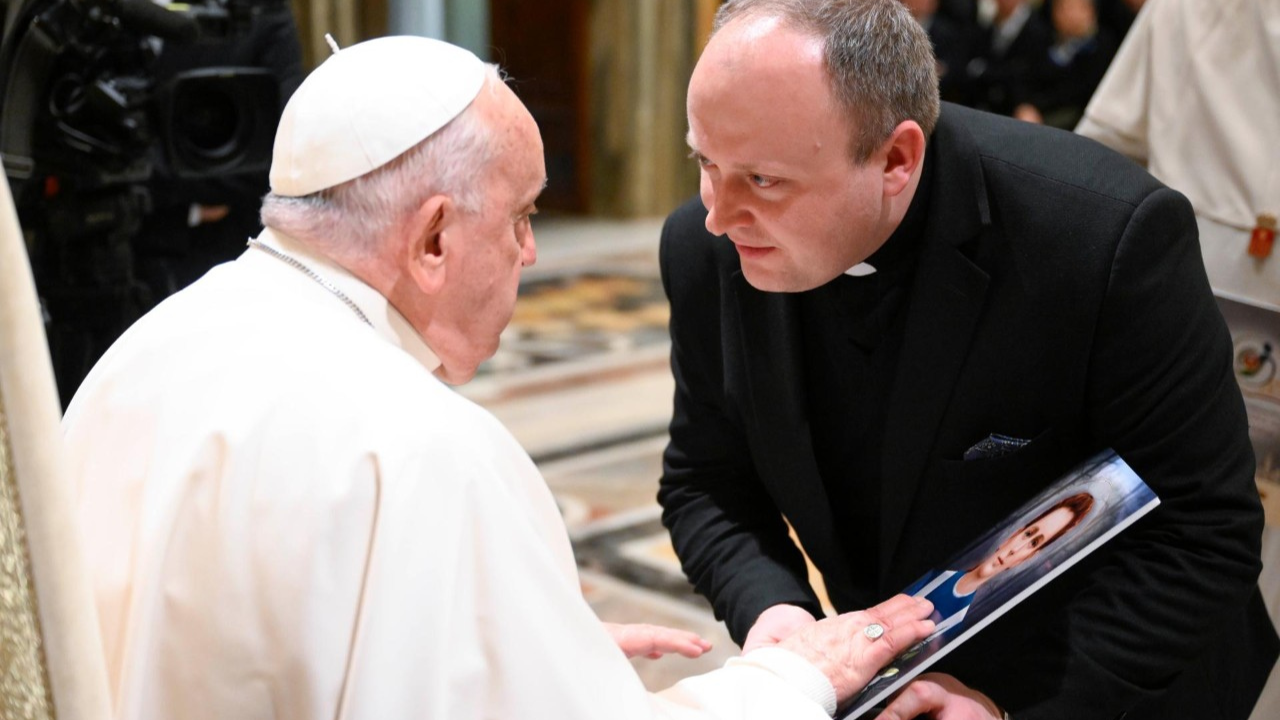The pope has authorized the investigation of all Vatican documents containing information of former-Cardinal of Washington, Theodore McCarrick.
The pope wants to clarify the facts, 'place them in their historical context and to evaluate them objectively.' Since, despite rumors that he abused seminarians and priests, he was made bishop and cardinal in the time of John Paul II.
Although McCarrick says he himself is innocent, Pope Francis expelled him from the College of Cardinals in July, after it was discovered that he allegedly abused children about 40 years ago.
Opening the Vatican archives will be difficult. The statement says that 'it may emerge that choices were taken that would not be consonant with a contemporary approach to such issues.' It also includes a quote by Pope Francis, 'We will follow the path of truth wherever it may lead.'
In the United States, he also commented in this way.
POPE FRANCIS
“I agree with the zealous vigilance of the Church to protect children and promise that those responsible will pay.”
The handling of the McCarrick case is being watched by all, and has become a large challenge for Pope Francis.
In August, the former nuncio to the U.S., Carlo Maria Viganò said that Benedict XVI had sanctioned the former cardinal for inappropriate behavior, and that Pope Francis had withdrawn the sanction. He even said the pope had covered McCarrick's actions up, so Viganò asked him to resign. Pope Francis reacted in this way to the allegations.
POPE FRANCIS
“Read it carefully and draw your own conclusions. I won't say a word about it. I think the statement speaks for itself and you have the journalistic capacity to draw your own conclusions.”
With a new letter published Oct. 7, Cardinal Marc Ouellet, one of the cardinals criticized in Viganò's second letter, clarifies many facts about what happened.
He confirms that McCarrick 'in May of 2006, had been requested not to travel or to make public appearances, in order to avoid new rumors about him.'
He clarifies that there were no sanctions because 'there was not sufficient proof of his alleged culpability' and McCarrick 'knew how to cleverly defend himself from those concerns raised about him.'
Ouellet says, 'it is false, therefore, to present those measures as 'sanctions' formally imposed by Pope Benedict XVI and then invalidated by Pope Francis.'
The cardinal acknowledges the error and hopes that there will be 'a comprehensive and critical study' of how McCarrick got in this position, 'to prevent something like it from ever happening in the future.'
In addition, the letter reaches out to the former nuncio who, since making his accusations against the pope, has remained in hiding.
'I understand that deceptions and sufferings have marked your path in the service to the Holy See, but you should not finish your priestly life involved in an open and scandalous rebellion,' he says.
Cardinal Ouellet's letter demonstrates an alliance to the Vatican and acts as an appeal to common sense, hoping this saga will soon end.
